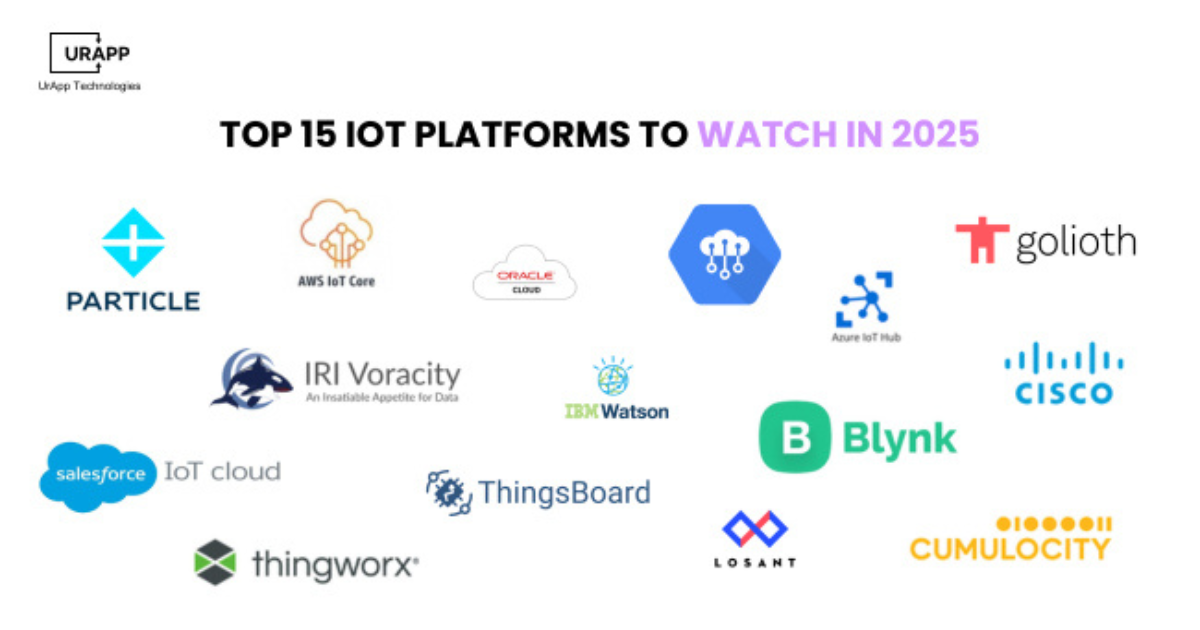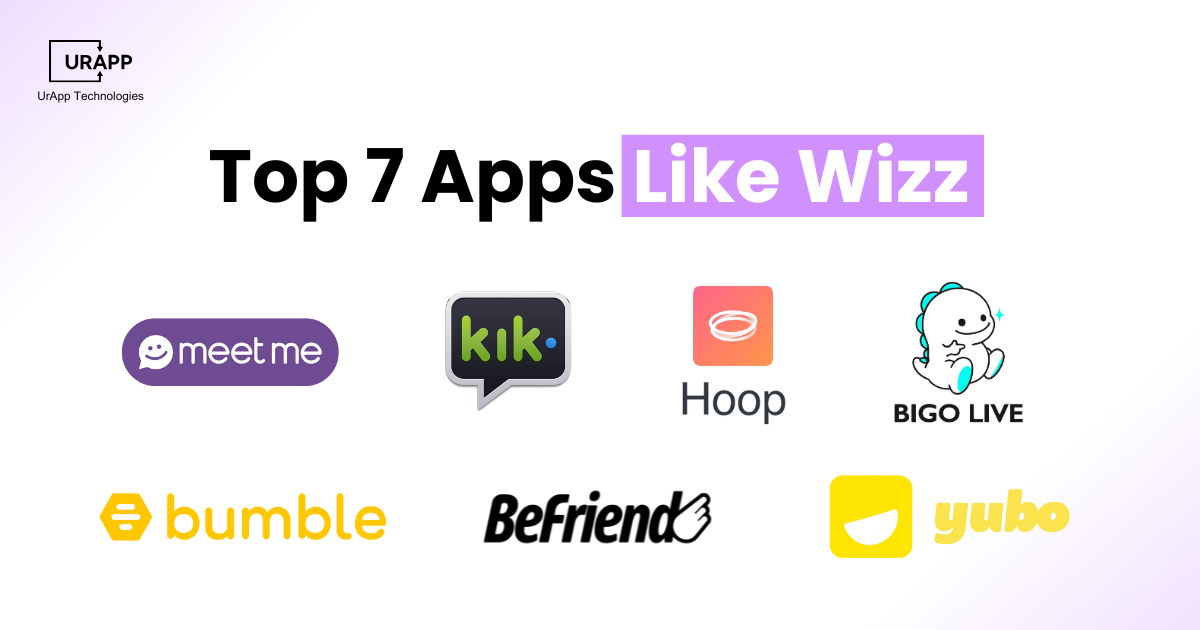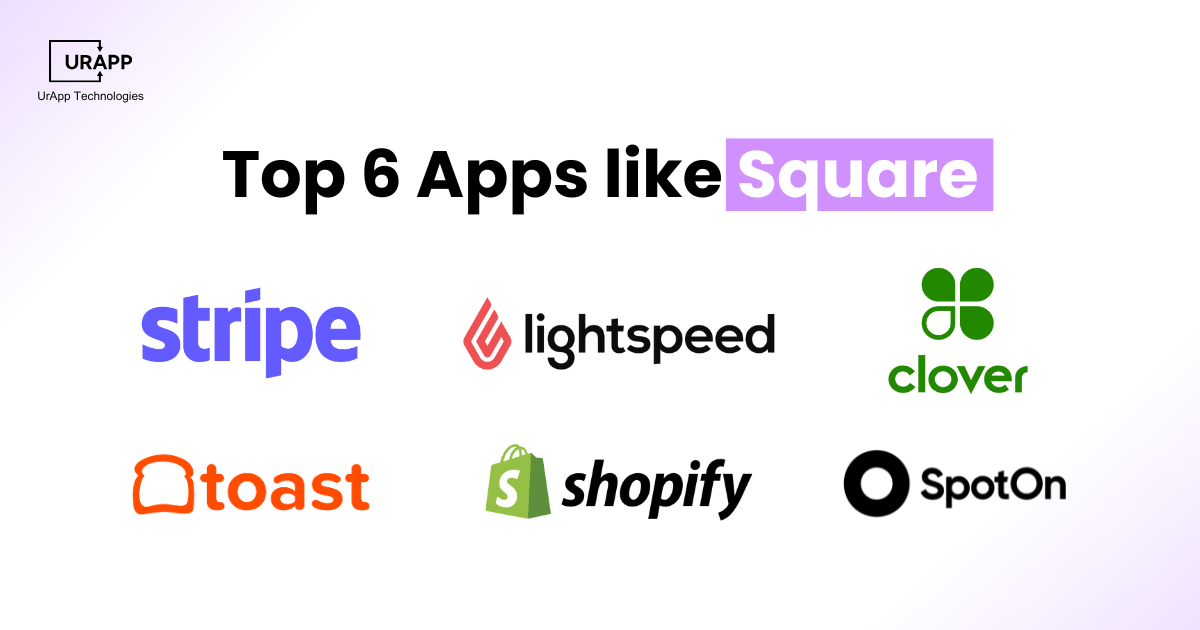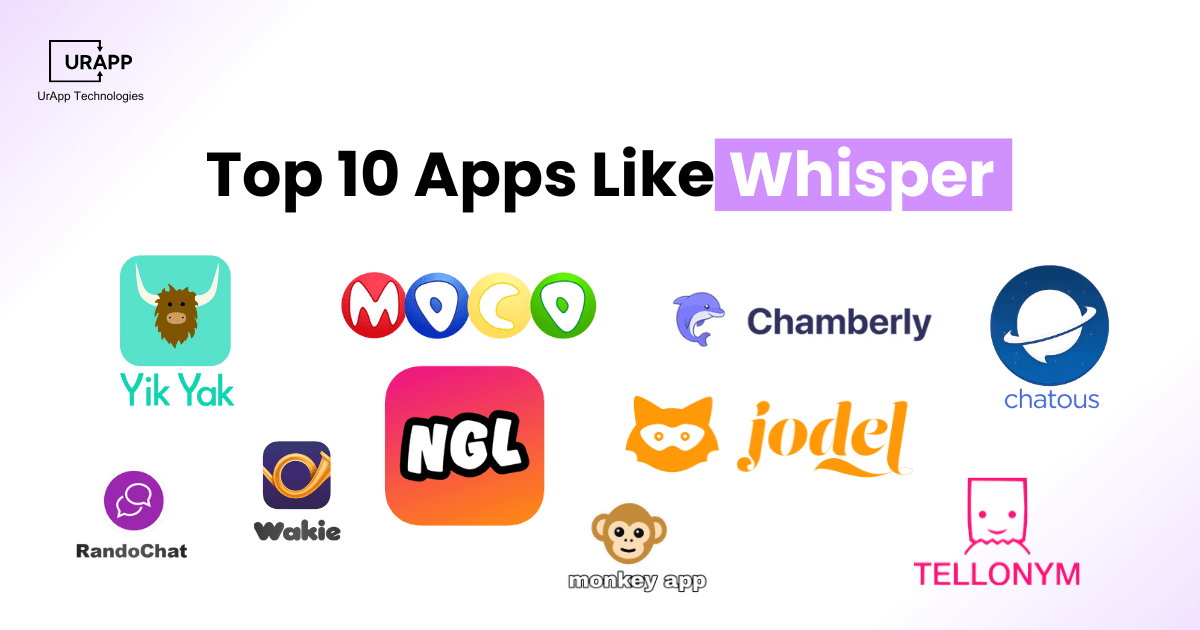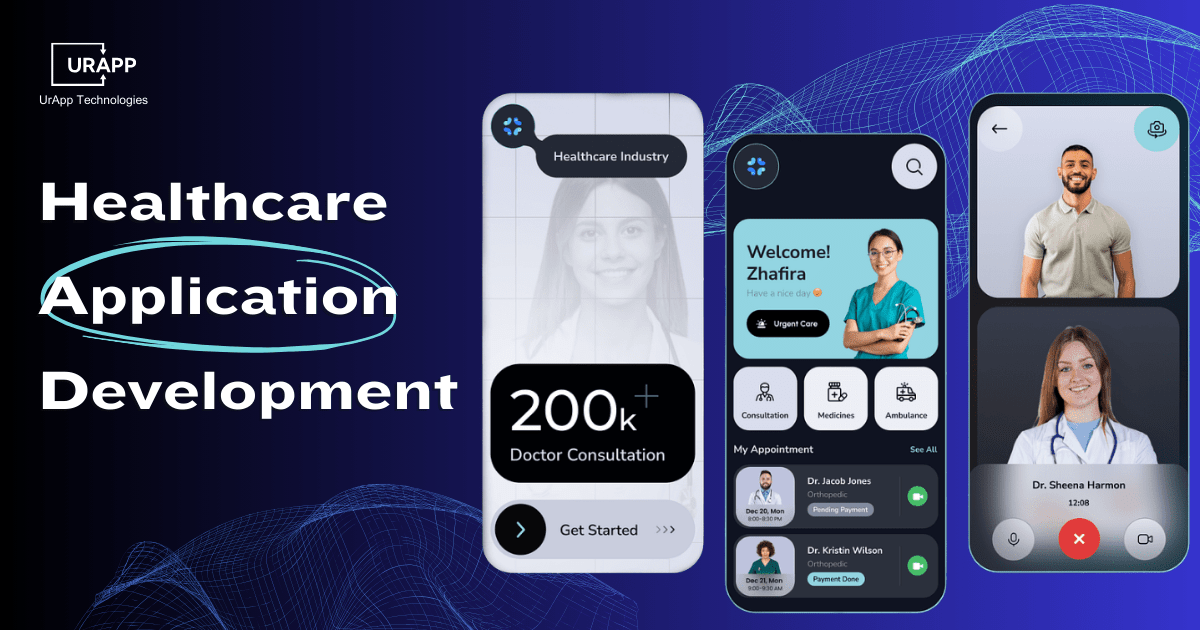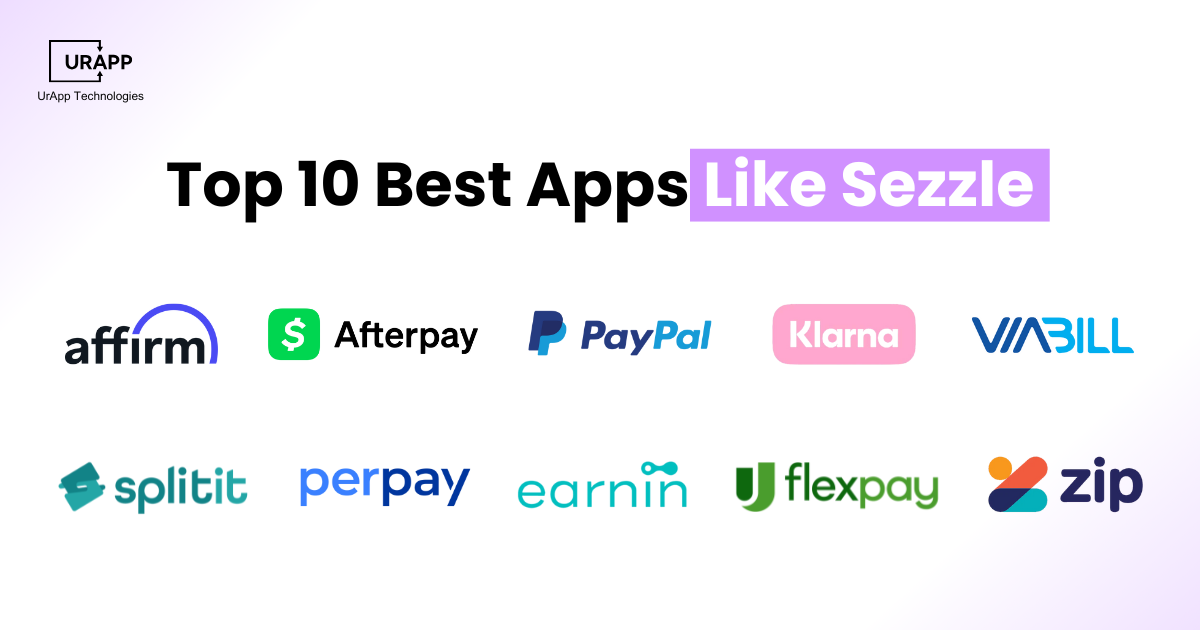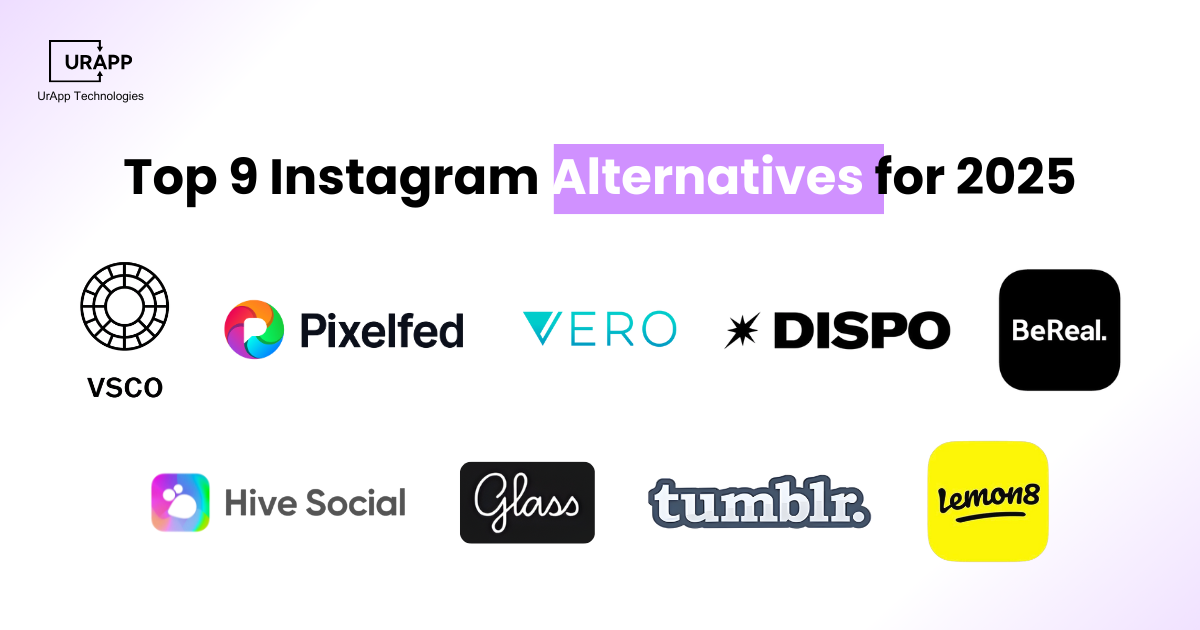15 Best IoT Platforms to Watch in 2025
In a world where billions of devices “talk” to each other, have you ever wondered what keeps them all connected and functioning smoothly?
What is IoT Platforms?
The answer lies in IoT platforms, the foundation of all IoT solutions. The platform supplies essential instruments for handling devices, gathering data, and performing analytics functions. A strong IoT software platform provides devices with seamless connectivity and interconnected operations, making it ideal for Internet of Things app development. The most effective IoT platform enables streamlined development operations and optimization of operational procedures.
Top 15 Best IoT Platforms
1. AWS IoT Core
With its necessary tools for creating and maintaining IoT applications, AWS IoT Core is one of the top IoT platform. It is perfect for companies wishing to use IoT technology since it provides real-time data analysis and secure device connectivity.
Core Features:
-
Secure Device Connectivity: Provides secure connection between devices.
-
Protocol Support: WebSocket, HTTP and MQTT compatible.
-
AWS Integration: Easily integrates with DynamoDB and Lambda services.
-
Advanced Analytics: Offers resources for visualizing and preparing data.
-
Device management: Makes device monitoring and onboarding easier.
-
Security monitoring: identifies irregularities and aids in threat response.
-
Digital twins: Produce virtual representations of actual systems for the purpose of optimization.
Pros and Cons:
| Pros | Cons |
|
|
|
|
Technology Stack:
Using MQTT, HTTP and WebSocket protocols, AWS IoT Core integrates with a number of AWS services to improve functionality and speed.
Find the Right IoT Platform and Start Building Smarter Apps Today
Contact us
2. Microsoft Azure IoT Hub
One of the best IoT platforms, Microsoft Azure IoT Hub offers robust analytics capabilities along with secure device-to-app connectivity. It is a great option for creating complete IoT solutions since it allows developers to use a variety of programming frameworks.
Core Features:
-
Secure Communication: Dependable communications between cloud computing and Internet of Things devices.
-
Protocol Support: Provides versatility by supporting a variety of communication protocols.
-
Azure IoT Edge: Lowers latency and bandwidth consumption by processing data closer to the source.
-
Digital Twins: Creates virtual models of physical environments for better monitoring.
-
Azure IoT Central: A user-friendly platform for managing IoT applications without extensive coding.
Pros and Cons:
| Pros | Cons |
|
|
|
|
|
Technology Stack
Azure IoT Hub supports various programming languages and frameworks in programming, allowing developers to build scalable and secure IoT solutions easily.
3. Google Cloud IoT
Google Cloud IoT is one of the best IoT platforms, providing users with efficient tools to manage IoT devices. Businesses can handle data and interface with other Google services more easily since it integrates state-of-the-art machine learning capabilities.
Core Features:
-
Device Management: Makes connecting and controlling Internet of Things devices easier.
-
Data analytics: Provides strong instruments for examining huge datasets.
-
Machine Learning Integration: Leverages Google’s AI to enhance data insights.
-
Seamless Integration: Works smoothly with other Google Cloud services.
-
Scalability: Easily scales to support a growing number of devices.
Pros and Cons:
| Pros | Cons |
|
|
|
|
|
|
Technology Stack
Google Cloud IoT supports multiple programming languages such as Python, Java and Go, along with various frameworks in programming. This allows developers to create flexible and scalable IoT solutions tailored to their needs.
4. IBM Watson IoT
One of the most effective and best IoT systems developed on IBM Cloud is IBM Watson IoT. Complete solutions for data lifecycle management, secure communications and device management are offered by this fully managed cloud service. Companies can improve operational efficiency by gathering insightful data from a range of assets, such as vehicles, structures and machinery.
Core Features:
-
Data Ingestion: Collects data from any source using MQTT for seamless integration.
-
Cloudant NoSQL DB: Enables direct access to the latest data for real-time insights.
-
Monitoring Dashboards: Offers built-in tools to effectively monitor and control your assets.
-
Analytics Service: Processes raw metrics, transforming data into actionable insights.
-
Cloud Object Storage: Provides long-term archiving solutions for data management.
Pros and Cons:
| Pros | Cons |
|
|
|
|
|
|
|
|
Technology Stack
IBM Watson IoT supports a variety of programming languages, including Python, Java and Node.js, making it a versatile option for IoT platform providers. Because of its adaptability, developers can design customized IoT solutions to satisfy certain corporate requirements.
5. Oracle IoT Cloud
Oracle IoT Cloud Service is the one of the best IoT platform that links IoT devices to the cloud and other apps. It provides real-time data analysis, simple connection with Oracle services and strong security measures, making it an excellent choice for enterprises who already use Oracle products.
Core Features:
-
Reliable Communication: Ensures secure communication between IoT devices and the cloud.
-
Data Management and Analysis: Provides real-time tools for aggregating and filtering data to support business decisions.
-
Integration Capabilities: Seamlessly links IoT data with enterprise applications and other Oracle Cloud services.
-
Security: Assigns unique digital identities to devices for secure communication.
-
Cross-Protocol Functionality: Allows access to any device connected to the cloud, regardless of network protocol.
Pros and Cons:
| Pros | Cons |
|
Difficult integration with non-oracle services |
|
|
|
|
Technology Stack
Oracle IoT Cloud Service supports various programming frameworks, making it flexible for developers. It integrates easily with other Oracle services, enhancing its capabilities among IoT platforms.
6. Cisco IoT Cloud Connect
Cisco IoT Cloud Connect is one of the leading IoT platforms for creating secure network connections for IoT devices. It offers various tools for device control and data analysis, ensuring optimal data integrity and security for organizations with strict safety needs.
Core Features:
-
Secure Network Connections: Establishes safe links for IoT devices.
-
Comprehensive Device Control: Provides tools to manage and monitor devices.
-
Advanced Data Analysis: Offers insights for better decision-making.
-
Strong Security Measures: Ensures data integrity and safety protocols.
-
Scalability: Easily adapts to growing IoT requirements.
Pros and Cons:
| Pros | Cons |
|
|
|
|
|
|
Technology Stack
Cisco IoT Cloud Connect supports various programming languages like Java and Python, along with multiple frameworks in programming. This versatility allows developers to create secure and efficient IoT solutions.
7. ThingWorx
One of the best IoT platforms made especially for industrial use is ThingWorx. Optimizing operations and minimizing downtime is made possible by its sophisticated tools for creating interconnected systems and its integration of augmented reality (AR) to produce immersive, data-driven experiences.
Core Features:
-
Rapid app Development: Drag-and-drop capabilities in a model-based environment allow for the rapid development of IoT applications.
-
Connectivity: It allows for seamless data collecting by integrating with numerous devices and systems.
-
Analytics and visualization: Built-in tools and customizable dashboards provide real-time data insights.
-
Device management: It keeps an eye on and controls linked devices at every stage of their lifespan to ensure peak performance.
-
Integration Capabilities: Assures interoperability with other enterprise systems by working with the current IT infrastructure.
Pros and Cons:
| Pros | Cons |
|
|
|
|
|
|
Technology Stack
ThingWorx supports various IoT platform providers and programming frameworks, offering flexibility for developers. Its tools facilitate easy integration with existing systems to enhance functionality.
8. Losant
Losant, an enterprise low-code solution designed to quickly develop and deploy IoT applications, is one of the best IoT platforms. Its visual workflow architecture enables developers with minimum coding skills to create customer-facing IoT apps.
Core Features:
-
Visual Workflow Engine: Low-code, drag-and-drop interface for creating complex IoT workflows easily.
-
Device and Data Management Tools: Supports digital twins, real-time data collection and secure communication.
-
Customizable Dashboards and Analytics: Visualize IoT data through graphs, maps and logs for better insights.
-
Multi-Tenancy Support: Efficiently manage multiple clients or users under a single account, ideal for development agencies.
Pros and Cons:
| Pros | Cons |
|
|
|
|
|
|
Technology Stack
Losant supports various IoT platforms and programming frameworks, making it adaptable for developers. Its tools facilitate easy integration with existing systems, enhancing its usability.
9. Particle
For developers, Particle is one of the greatest IoT platforms because it makes hardware, networking and cloud connection easier. It is ideal for product launches with low technical barriers because it enables the rapid deployment of IoT applications.
Core Features:
-
Hardware Solutions: Offers production-ready devices, including development kits, gateways and single-board computers (SBCs).
-
Device OS: Provides a stable operating system for reliable performance and security of Particle devices.
-
Connectivity: Ensures secure and reliable options, including Wi-Fi, cellular, satellite and LoRaWAN.
-
Cloud Platform: Centralized command center for managing devices, OTA updates and real-time data monitoring.
-
Developer Tools: Professional-grade IDEs, SDKs and thousands of libraries for easy software development.
Pros and Cons:
| Pros | Cons |
|
|
|
|
|
|
Technology Stack
Particle supports various IoT platforms and offers a comprehensive suite of tools, making it user-friendly for developers. Its solutions enable easy integration with existing systems.
10. Blynk
Blynk is a user-friendly IoT platform designed for creating IoT applications with minimal coding. It’s perfect for building consumer-facing apps like smart home devices and wearables, allowing quick design using a drag-and-drop interface.
Core Features:
-
Drag-and-Drop App Builder: Create custom mobile and web apps easily with over 60 GUI elements for data visualization and device control.
-
Device Connectivity: Integrates with over 400 hardware models using Wi-Fi, Ethernet, Cellular and LoRaWAN.
-
Device Provisioning: Offers advanced provisioning methods, including BLE-assisted Wi-Fi and Wi-Fi Access Point (AP) provisioning.
-
Product Templates: Create templates to manage device configurations and update dashboards efficiently.
-
User and Organization Management: Supports multi-tenant systems with customizable hierarchies, roles and permissions.
Pros and Cons:
| Pros | Cons |
|
|
|
|
|
|
Technology Stack
Blynk integrates with various IoT platform providers and offers an extensive library of tools, making it easy for developers to create applications and connect devices.
11. ThingsBoard
ThingsBoard is an open-source IoT platform that offers flexibility and customization for developers. It provides full control over your IoT app’s architecture, making it ideal for tailored solutions and complete ownership.
Core Features:
-
Device Management: Monitor IoT devices and assets through a user-friendly interface and robust APIs.
-
Rule Engine: Enables complex event processing with user-defined rules to automate responses to device data.
-
Customizable Dashboards: Offers customizable dashboards and widgets for effective data visualization and monitoring.
-
Security Features: Provides device authentication, access control and data encryption for secure communication.
-
Integration Capabilities: Supports integration with external systems via REST APIs, MQTT and other protocols.
Pros and Cons:
| Pros | Cons |
|
|
|
|
|
|
Technology Stack
ThingsBoard integrates with various IoT platform providers, offering extensive tools for developers to create customized applications and manage devices effectively.
12. IRI Voracity
IRI Voracity is a comprehensive Internet of Things platform made for efficient data handling in all company operations. For enterprises looking for complete data control, it is perfect because it manages structured, semi-structured and unstructured data from IoT devices with perfection.
Core Features:
-
IRI Data Manager Suite: Facilitates data integration, transformation and migration, preparing IoT data for analysis.
-
IRI Data Protector Suite: Offers advanced security and privacy features to protect sensitive IoT data from unauthorized access.
-
Business Intelligence Support: Provides extensive tools for analytics, helping organizations derive actionable insights from IoT solutions.
Pros and Cons:
| Pros | Cons |
|
|
|
|
|
|
Technology Stack
IRI Voracity integrates with various best IoT platforms, leveraging IRI CoSort and Hadoop for efficient data handling across Unix, Linux and Windows systems.
13. Salesforce IoT Cloud
Salesforce IoT Cloud enhances customer relationship management by integrating IoT solutions. It gathers data from connected devices to create personalized experiences, enabling immediate actions within the Salesforce CRM for better customer engagement.
Core Features:
-
Full Integration: Seamlessly connects customers, products and CRM for enhanced data flow.
-
User-Friendly Interface: Create rules and conditions without programming skills using a simple point-and-click UI.
-
Third-Party Compatibility: Works with various websites, services and products to extend functionality.
-
Proactive Customer Support: Addresses customer issues and needs before they arise.
Pros and Cons:
| Pros | Cons |
|
|
|
|
|
|
Technology Stack
Salesforce IoT Cloud is one of the leading IoT platform providers, leveraging robust cloud technology to integrate seamlessly with existing Salesforce applications.
14. Golioth
An IoT platform called Golioth makes it easier to connect gear to the cloud. For developers seeking flexibility and user-friendliness, its extensive feature set and compatibility with a wide range of IoT devices make it a great option.
Core Features:
-
Hardware Agnostic: Supports custom hardware and is compatible with over 100 boards from different manufacturers.
-
Secure Firmware SDK: Provides a flexible SDK that ensures a secure link to the cloud with a low memory footprint.
-
Device Management: Offers a console for remote management of multiple projects and fleets.
-
Data Routing and Transformation: Allows creation of data pipelines using a single YAML file for efficient data streaming.
Pros and Cons:
| Pros | Cons |
|
|
|
|
|
|
Technology Stack
Golioth stands out among the best IoT platforms, offering cloud-based solutions that easily integrate with various IoT hardware and applications.
15. Cumulocity
An easy-to-use IoT platform for quick app development is called Cumulocity. It is perfect for rapid deployment since it enables you to connect, monitor and manage IoT devices effectively with zero-code integration tools and pre-configured dashboards.
Core Features:
-
Device Integration: Seamlessly connects a variety of devices, ensuring reliable and secure data transmission.
-
Easy Device Management: Monitors and manages equipment throughout its lifecycle, including deployment and updates.
-
Data Management Tools: Prepares and normalizes real-time and historical data for a unified view of equipment.
-
Simplified App Development: Enables quick development of custom IoT apps tailored to specific business needs.
Pros and Cons:
| Pros | Cons |
|
|
|
|
|
|
Technology Stack
Cumulocity ranks among the best IoT platforms, offering cloud-based solutions that support diverse IoT devices and facilitate easy integration with existing business systems.
The Importance of Choosing the Right IoT Platform
The selection of an appropriate IoT platform stands as the prime matter for businesses that intend to implement IoT technology. An optimal solution for IoT requires infrastructure with scalability capability combined with strong security and the ability to work across different operating environments. Organizations gain success with their IoT implementation strategy through platform selection which enables them to adjust to business market changes and emerging technologies.
Build the future of IoT with UrApp Tech
Contact us
Key Takeaways
- IoT platforms act as the foundation for connecting devices, managing data, and enabling automation across industries.
- Choosing the right platform ensures better scalability, integration, and long-term success of IoT projects.
- Modern IoT platforms increasingly include AI/ML capabilities, helping businesses unlock predictive insights.
- Security and compliance remain top priorities, making trusted platforms essential for safe IoT deployment.
- Leading IoT platforms in 2025 include: AWS IoT Core, Microsoft Azure IoT Hub, Google Cloud IoT, IBM Watson IoT, Oracle IoT Cloud, Cisco IoT Cloud Connect, PTC ThingWorx, Siemens MindSphere, Losant, and Blynk.
Conclusion
Organizations must make the right choice of IoT platform because it establishes their ability to leverage IoT technology effectively. These platforms discussed on this blog demonstrate various capabilities which users can access. Businesses that select the best IoT platforms achieve improved operational performance alongside innovation development. Organizations interested in developing their own IoT solutions may reach out to UrApp Tech which stands as the leading custom mobile app development company.
